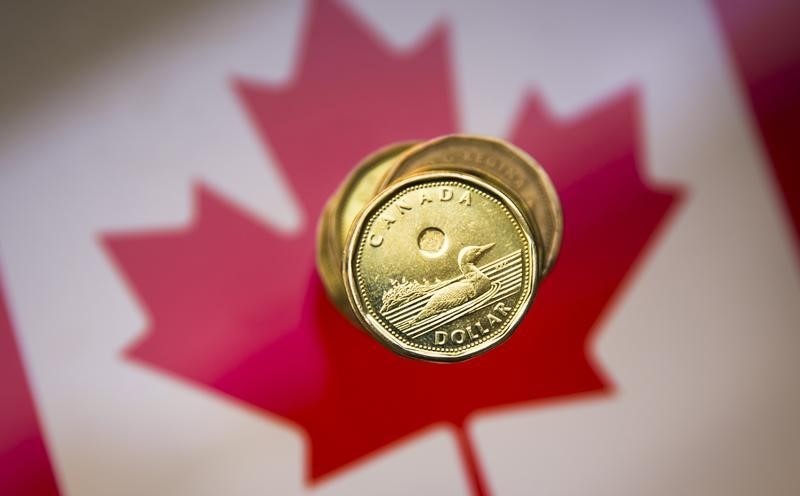(Adds strategist quotes and details on market activity, updates prices)
* Canadian dollar at C$1.2497, or 80.02 U.S. cents
* Loonie touches its strongest since Oct. 20 at C$1.2490
* Bond prices lower across the yield curve
By Fergal Smith
TORONTO, Jan 4 (Reuters) - The Canadian dollar strengthened against its U.S. counterpart on Thursday, extending a 2-1/2-month high, as the greenback fell broadly and oil prices rose, while investors awaited U.S. and Canadian jobs data on Friday.
A report showing that the U.S. economy created more private-sector jobs than expected last month lent some support to the U.S. dollar .DXY . But the greenback was still lower against a basket of major currencies. U.S. dollar is looking a bit pale because of the better indicators out of Europe," said Mark Chandler, head of Canadian fixed income and currency strategy at RBC Capital Markets.
The rally in oil also supported the loonie, Chandler said.
The price of oil, one of Canada's major exports, rose to its highest point since May 2015, on concern about supply risks because of unrest in Iran and another decline in U.S. inventories as refining activity hit a 12-year high. crude futures CLc1 settled 0.6 percent higher at $62.01 a barrel.
At 4 p.m. (2100 GMT), the Canadian dollar CAD=D4 was trading at C$1.2497 to the greenback, or 80.02 U.S. cents, up 0.3 percent.
The currency, which has benefited from firm domestic data the past month, touched its strongest level since Oct. 20 at C$1.2490.
Canada's employment report for December and November trade data are due on Friday, which could help guide expectations for Bank of Canada interest rate hikes in 2018.
The central bank raised its benchmark interest rate for the first time in seven years in July and then again in September, putting it at 1 percent. Money markets expect three further rate hikes this year. BOCWATCH
In domestic data, producer prices rose by 1.4 percent in November from October, on higher prices for energy and petroleum products, Statistics Canada said. sales in Toronto, Canada's largest city, fell 18.3 percent in 2017 from the previous year's record as provincial government measures to cool the housing market weighed on demand. government bond prices were lower across the yield curve in sympathy with U.S. Treasuries. The two-year CA2YT=RR fell 3 Canadian cents to yield 1.70 percent and the 10-year CA10YT=RR declined 26 Canadian cents to yield 2.083 percent.
On Tuesday, the 10-year yield touched its highest level in more than two months at 2.093 percent.
